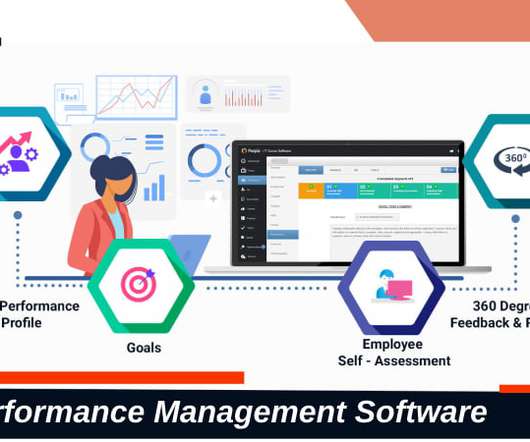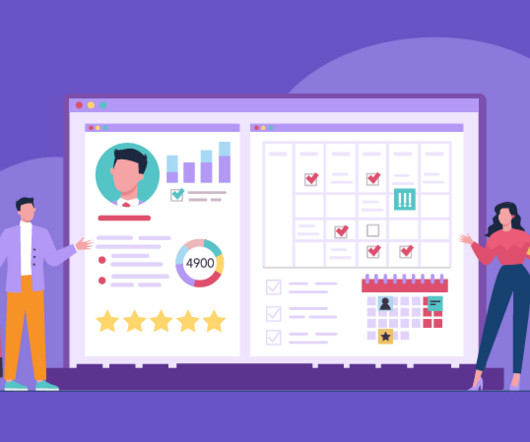How To Develop a Talent Management Framework for Your Organization
AIHR
APRIL 17, 2025
A talent management framework that supports HR strategies and wider business objectives is essential for organizations that want to nurture their workforce and gain a competitive edge. Lets explore what a talent management framework is, why you need one, and how to develop and implement an effective framework in your organization.






















































Let's personalize your content